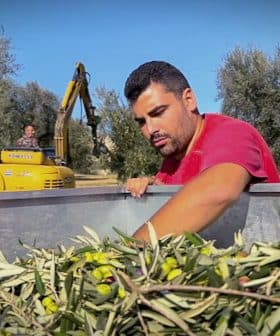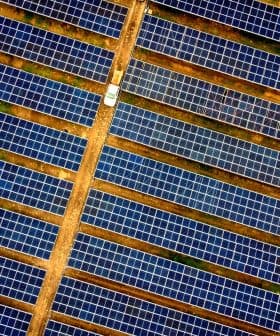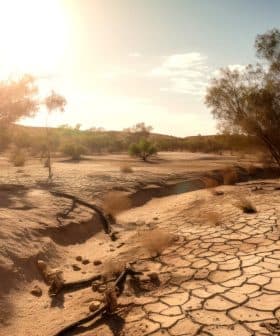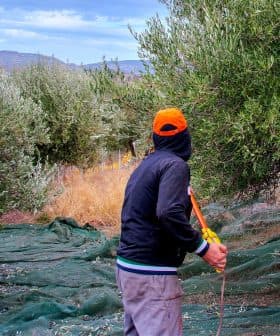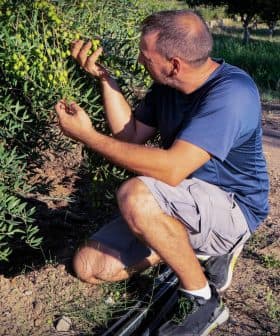Report: Water Scarcity is the Biggest Challenge Facing Food Production
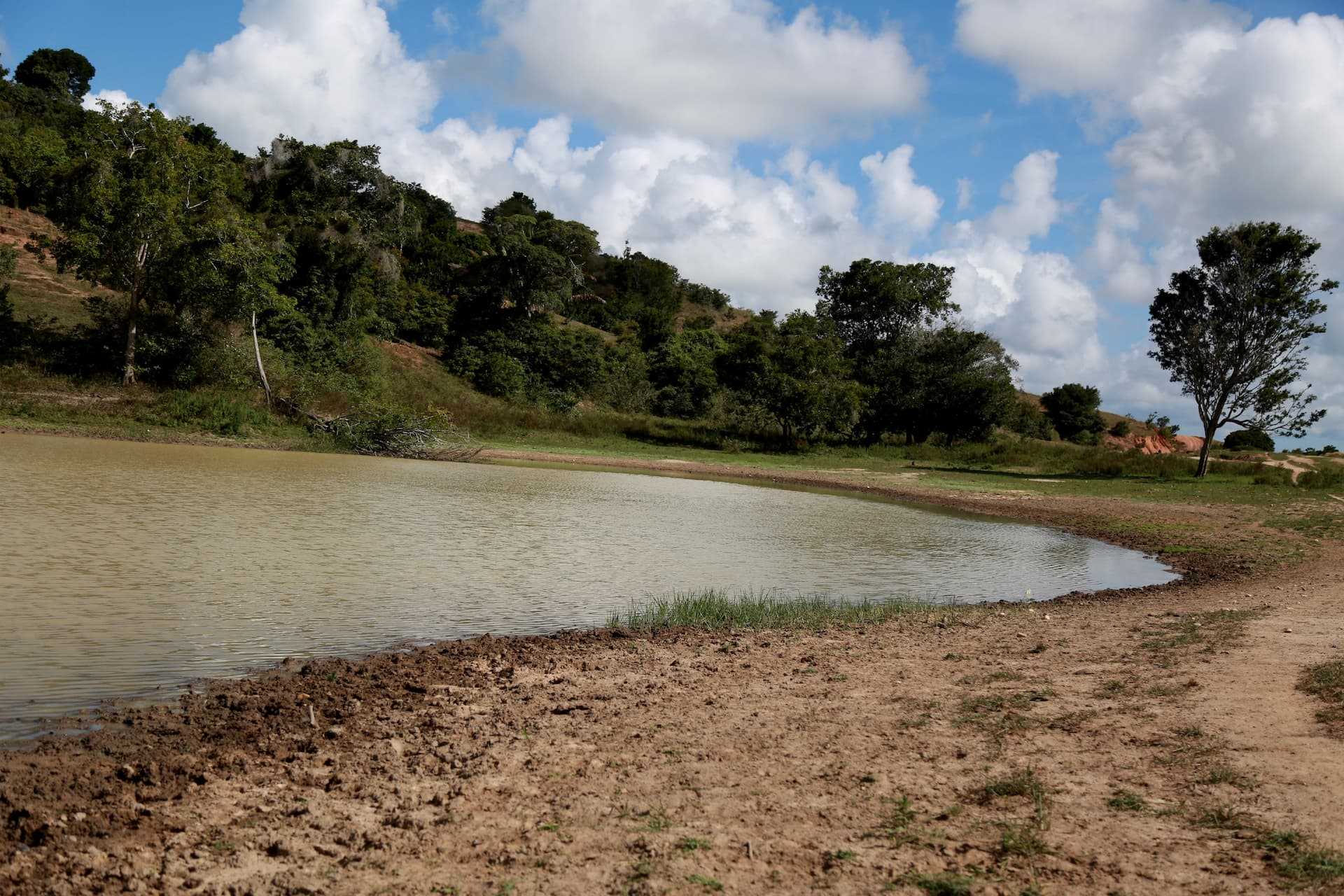
A report from Barclays Capital highlights the global consumer staple sector, particularly food production and agribusiness, as the most vulnerable sector due to water scarcity, with the need for fresh water in the industry set to increase by 40 percent by 2030. Despite the awareness of the challenge posed by water scarcity, companies in the food industry are not doing enough to address the issue, and adopting sustainable agricultural practices is recommended to prevent a water crisis in the future, according to the report and CDP, a non-profit organization that emphasizes the urgent need for transformative action to manage water risks.
According to a report from Barclays Capital, the global consumer staple sector – including food production and agribusiness – is facing a major risk due to water scarcity and is currently the most vulnerable of all sectors.
“Our analysis suggests water should be considered the largest driver of environmental concern for the staples,” the authors of the report wrote.
The water crisis must be approached with the same urgency and innovation as the Covid-19 crisis – and the business case for action is clearer than ever.
The report analyzed the risks and opportunities faced by global staples due to water shortages, and high water costs and increased regulation.
According to Barclays Capital’s forecasts, the need for fresh water in the food industry is set to increase globally by 40 percent by 2030 due to a growing population. In addition, increasing global temperatures have worsened the situation. The report concluded that water shortage is the most critical environmental concern in the food industry.
See Also:EU Introduces Standards for Use of Reclaimed Water for IrrigationCuriously, while companies in the food industry are acutely aware of the challenge posed by water scarcity in their day-to-day operations, they do not seem to be doing enough to deal with the challenge. Instead, most of these companies are focusing on the effects of rising carbon levels.
To reduce their dependence on water, businesses should adopt sustainable agricultural practices such as using sensors, precision irrigation, consulting satellite data and soil-less farming, the report recommended. Following these measures would help to prevent a water crisis in the consumer staples industry in the future.
CDP, a non-profit that runs the global disclosure system for companies, governments and investors to manage their environmental impacts, said that most of them could not show that they are doing anything tangible to minimize the pressing risk of water-related problems.
According to a CDP survey involving 2,934 companies that disclosed data about their water management in 2020, more than one-third of the companies increased their water consumption compared to 2019.
In addition, 95 percent of the companies could not provide reputable evidence that they were making progress against their pollution targets.
“The water crisis must be approached with the same urgency and innovation as the Covid-19 crisis – and the business case for action is clearer than ever,” Cate Lamb, CDP’s global director of water security, said. “We can turn this situation around, but we need much more transformative action.”
“As investors pay closer attention to companies’ management of water risks, CDP is calling for all companies to develop ambitious targets to reduce water withdrawals and eliminate water pollution, including net-zero water targets,” she added. “Companies must take bold action now to transform their business models.”


